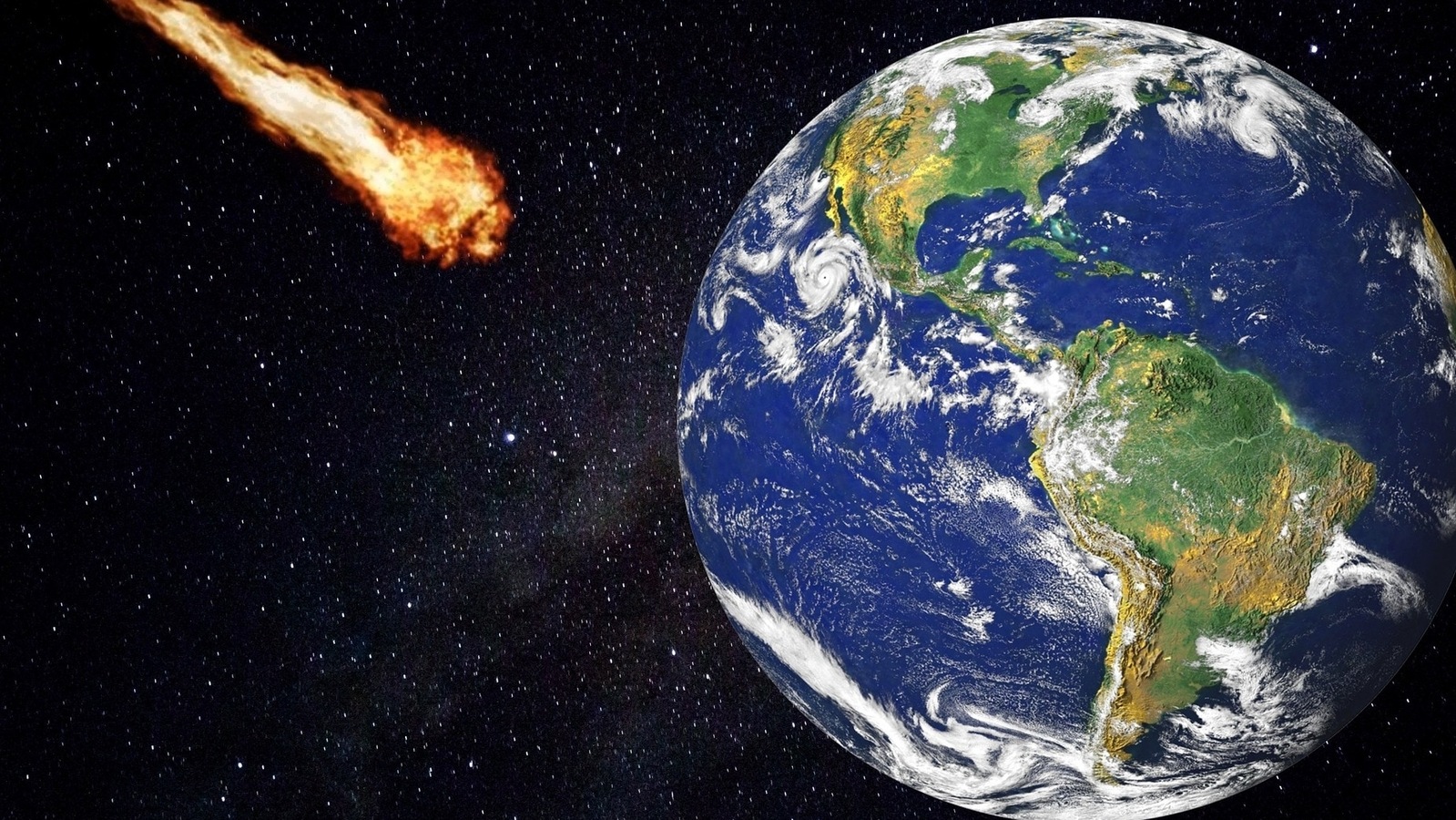If Earth is destroyed by an asteroid strike, THIS HUMAN SEED bank has our back
This startup has a plan to restart human civilization in case an asteroid strike destroys the Earth. And how does it work? By using a human seed bank and relying on a little ALIEN magic.
Over the years, scientists have come up with various ways to combat an asteroid strike situation. From NASA working on shooting nuclear weapons to destroy asteroids to China’s plans of redirecting an asteroid using rocket boosters, there are many solutions being worked on. But the solution this US-based entrepreneur has come up with has to be one of the most innovative and possibly the wackiest ideas ever. Ben Haldeman is the founder of a startup called Lifeship that has just one mission. To create a human seed bank. In better words, it collects and stores human DNA. Where? Of all places, the DNA bank will be on the Moon! It will help to restart human civilization in case the Earth was ever wiped out by an asteroid.
Even after an asteroid strike, human seed bank will save humanity
Lifeship was founded in 2019 by Haldeman as a way to create a human repository in space. The company offers people to send their DNA in the form of saliva and it takes the sample to the Moon. So, for as much as $99, you can have a one-way ticket to the Moon and then get to stay there forever. The idea was novel. From a scientific perspective, it means human data, the core of human existence, could forever be preserved and spread across various parts of the solar system and maybe beyond.
From a customer perspective, it has a certain sentimental appeal to it. One of the testimonials on the platform reads, “So when people see the Moon, I will be there. Especially for my daughters, so my light can always guide them even in the dark of night”. But apart from these reasons, this human seed bank venture also offers a way for humanity’s survival if there was an asteroid strike to the Earth.
This effort would require a little more effort and a little alien magic, but that’s the amount of faith you need when you’re willing to send your DNA sample out into space. The idea is that, if human DNA survives in space, at some point, an extraterrestrial species can come across it and try to resuscitate human species using our source code.
So far, Lifeship has not taken its first payload to space but its Moon 1 mission is scheduled to take off in mid 2022. The website states that the boarding has closed for that mission, implying that no more DNA samples will be considered for that trip. However, they are inviting more samples for a second mission to the Moon later this year. The startup is using SpaceX launch vehicles and lunar landers to deploy its shipment.
For all the latest Technology News Click Here

